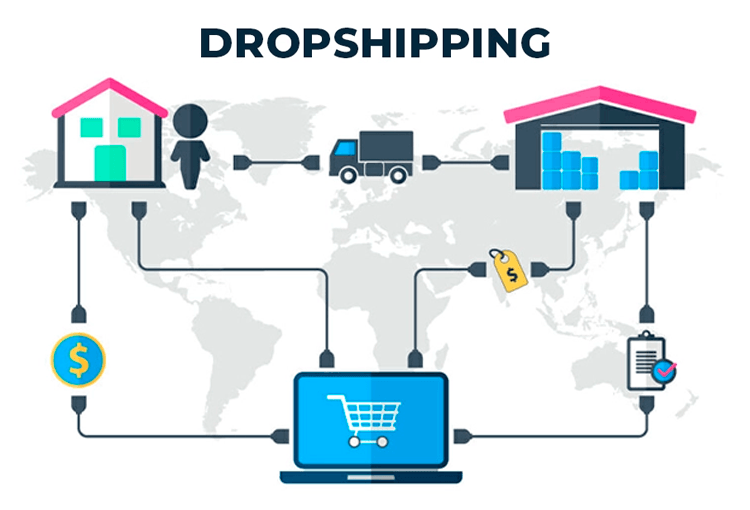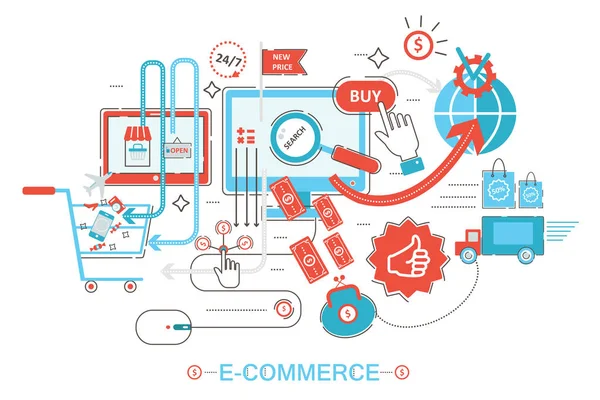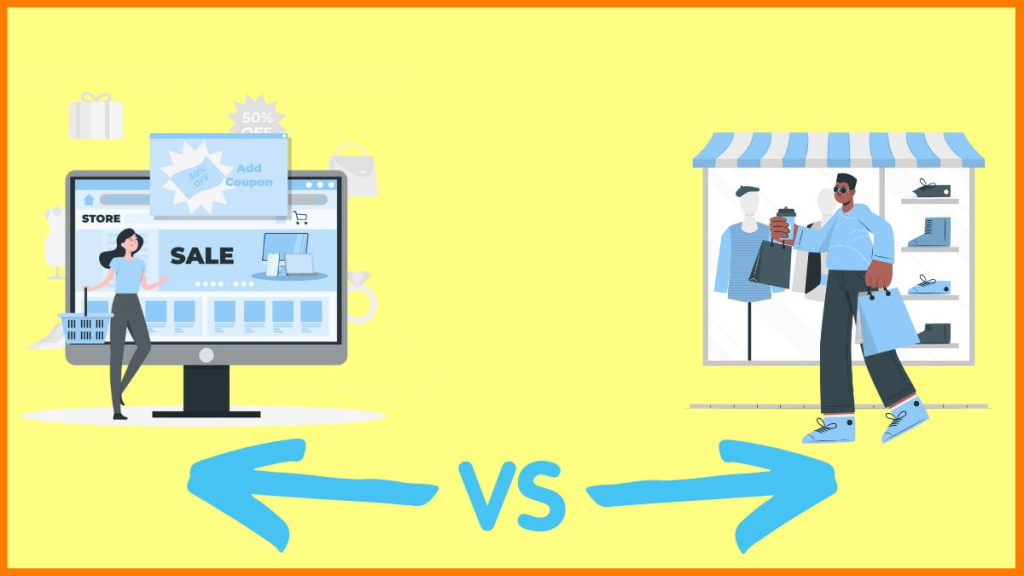
Dropshipping has become an increasingly popular business model for entrepreneurs looking to start an online store without the hassle of managing inventory. However, choosing the right platform for your dropshipping business can be challenging. With so many options available, it’s essential to find a platform that meets your needs and helps you scale your business. In this guide, we’ll explore the best platforms for dropshipping, highlighting their features, pros, and cons to help you make an informed decision.
1. Shopify: The All-in-One Solution
Shopify is one of the most popular e-commerce platforms, known for its ease of use and robust features. It’s an excellent choice for dropshipping, thanks to its seamless integration with various dropshipping apps like Oberlo, Spocket, and DSers.
Key Features:
– **User-Friendly Interface:** Shopify is designed to be user-friendly, making it easy for beginners to set up and manage their stores.
– Extensive App Store: With thousands of apps available, you can easily extend your store’s functionality, from adding products to automating marketing.
– Responsive Themes: Shopify offers a wide range of professional, mobile-responsive themes that are easy to customize.
Pros:
– Comprehensive dropshipping integrations.
– Excellent customer support available 24/7.
– Scalable platform that grows with your business.
Cons:
– Monthly fees can add up, especially when using multiple apps.
– Limited customization options without coding knowledge.
Best For:
Entrepreneurs who want an all-in-one solution that is easy to set up and manage, with a wide range of tools and integrations to support dropshipping.
2.WooCommerce: Flexibility and Customization
WooCommerce is a powerful e-commerce plugin for WordPress, making it an ideal choice for those who already have a WordPress site or want more control over their online store. It’s highly customizable, with numerous plugins to support dropshipping.
Key Features:
– Open Source: WooCommerce is free to use, and you have full control over your store’s design and functionality.
– Wide Range of Plugins: Integrate with popular dropshipping suppliers and tools like AliDropship, Spocket, and Printful.
– SEO-Friendly: Built on WordPress, WooCommerce is highly SEO-friendly, helping your products rank better in search engines.
Pros:
– Extensive customization options.
– No monthly fees (aside from hosting and premium plugins).
– Large community and support resources.
Cons:
– Requires more technical knowledge to set up and manage.
– Hosting costs can vary depending on your needs.
Best For:
Entrepreneurs who want full control over their store’s design and functionality and are comfortable with the technical aspects of running a WordPress site.
3. BigCommerce: Built for Growth
BigCommerce is a powerful e-commerce platform designed for scalability, making it a great option for dropshipping businesses looking to grow. It offers a range of features that cater to larger stores with high sales volumes.
Key Features:
– No Transaction Fees: Unlike some platforms, BigCommerce doesn’t charge transaction fees, which can save you money as your business grows.
– Multi-Channel Selling: Sell on multiple channels like Amazon, eBay, and social media directly from your BigCommerce store.
– Advanced SEO Tools: BigCommerce offers built-in SEO tools to help your store rank higher in search results.
Pros:
– Scalable platform with robust features.
– Supports a wide range of payment gateways.
– Excellent for high-volume stores.
Cons:
– Monthly pricing is higher compared to some competitors.
– Learning curve for advanced features.
Best For:
Established businesses looking to scale their dropshipping operations and sell across multiple channels without worrying about transaction fees.
4. Wix eCommerce: Simple and Intuitive
Wix is known for its drag-and-drop website builder, and its eCommerce platform is no exception. It’s a great choice for those who want a simple, intuitive platform to start their dropshipping business.
Key Features:
– Drag-and-Drop Builder: Easily design your store with Wix’s intuitive drag-and-drop interface, no coding required.
– Integrated Dropshipping Apps: Wix integrates with popular dropshipping apps like Modalyst, making it easy to source products.
– Mobile Optimization: Wix stores are automatically optimized for mobile, ensuring a great shopping experience on any device.
Pros:
– Very easy to use, even for beginners.
– Affordable pricing plans.
– Good customer support.
Cons:
– Limited scalability for larger stores.
– Fewer dropshipping integrations compared to Shopify and WooCommerce.
Best For:
New entrepreneurs or small businesses that want a simple, cost-effective solution to start a dropshipping store without dealing with technical complexities.
5. Squarespace: Design-Forward and Stylish
Squarespace is known for its beautiful, design-forward templates, making it a great choice for businesses that want a visually appealing online store. It’s also a solid option for dropshipping, thanks to its integrations with apps like Spocket.
Key Features:
– Design Templates: Squarespace offers stunning, customizable templates that can give your store a professional look.
– Built-In Marketing Tools: Use built-in tools for email marketing, SEO, and social media integration to drive traffic to your store.
– Secure Checkout: Squarespace provides a secure, integrated checkout experience with support for multiple payment gateways.
Pros:
– Visually stunning design templates.
– Easy-to-use interface.
– Integrated marketing tools.
Cons:
– Limited dropshipping integrations compared to other platforms.
– Higher learning curve for some features.
Best For:
Design-focused entrepreneurs who want a beautiful, easy-to-manage online store with built-in marketing tools.
Choosing the best platform for dropshipping depends on your business needs, technical skills, and growth ambitions. Shopify stands out as an all-in-one solution with extensive dropshipping integrations, making it ideal for those looking for ease of use and scalability. WooCommerce offers unmatched flexibility and control, perfect for those comfortable with a bit of technical work. BigCommerce is built for growth, making it the best choice for high-volume stores, while Wix and Squarespace offer simpler, more intuitive solutions for beginners and design-conscious entrepreneurs.
No matter which platform you choose, each of these options provides the tools and features necessary to build a successful dropshipping business. Take the time to explore these platforms, and consider your long-term goals to find the perfect fit for your e-commerce journey.





